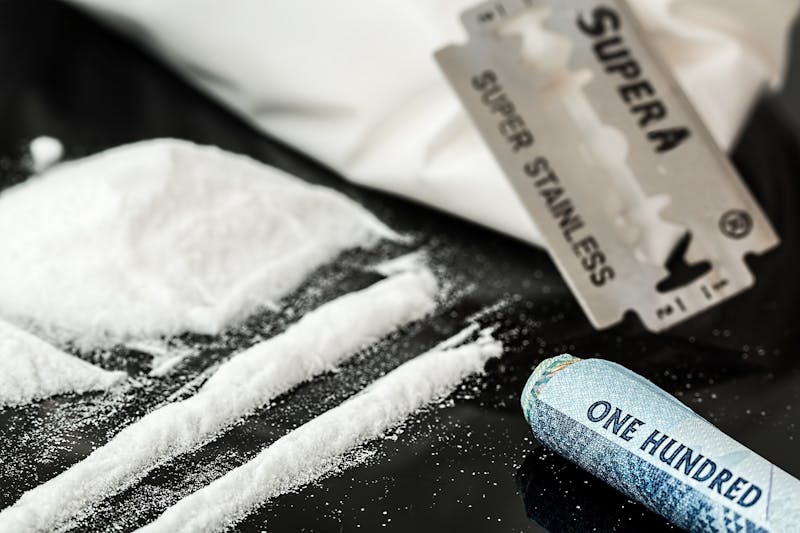
There are two ways to possess a controlled substance. One is actual possession. The other one is constructive possession. Let our criminal defense lawyers explain.
Actual Possession vs. Constructive Possession
Actual possession is exactly what it sounds like, it’s on your person. Therefore, if it is in your pocket or your hand, it is actually possessed by you.
Constructive possession means that it is near your ready reach. For example, there are four people are in a car, and in the center console is a kilo of cocaine. Technically, all four of the occupants constructively possess that kilo of cocaine, meaning they all have the ability to exercise dominion or control over it.
But when it comes to the legal terms to charge someone with constructive possession, law enforcement and, ultimately, a jury has to find that the person had a few things:
- Knowledge that they knew that substance was there.
- They had to acknowledge that the substance was a controlled substance.
Can Constructive Possession Be A Defense?
The unique thing about constructive possession is it is sometimes a defense for people who are charged with possession of drugs or controlled substances. This means that they can claim they did not possess it, they constructively possessed it.
The state of Florida, a jury, a judge, a prosecutor cannot prove that the person had knowledge it was there nor had knowledge that it was a controlled substance.
If you have been arrested for possession of narcotics, and it is constructively possessed, I encourage you to talk to a lawyer who can intercede and ultimately get that case dismissed, because the government cannot meet their burden to prove the two elements of constructive possession.

